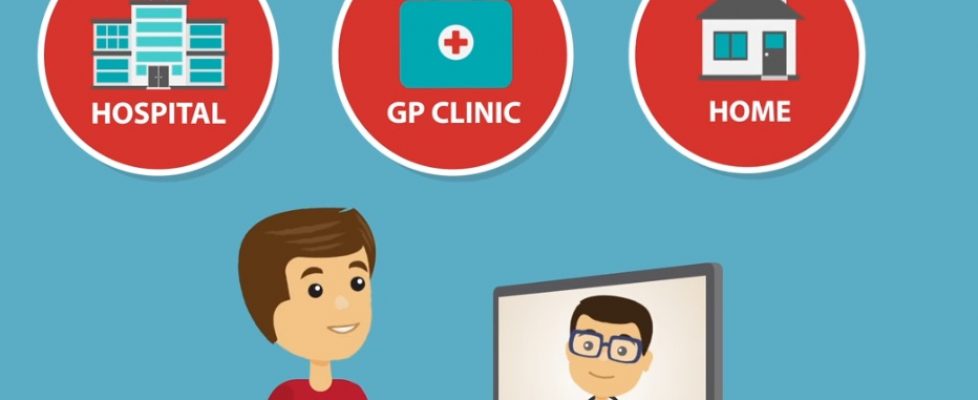FCC Begins Virus Telehealth Push as Eligibility Questions Linger
Health providers can apply starting Monday for $200 million in telehealth funds to fight the coronavirus pandemic, even as they fault eligibility restrictions and wrestle to apply regulations for using the aid.
The eligibility and regulatory questions highlight the challenges the government faces in quickly distributing aid intended to fund broadband-connected devices such as video apps that allow long-distance consultations and pulse oximeters that measure blood oxygen levels.
The Federal Communications Commission has said it will distribute the $200 million on a rolling basis with no single project likely to receive more than $1 million. The FCC, in an April 2 order, chose to restrict the funds to eight types of nonprofit and public providers that it says need the assistance the most.
The aid “is pretty limited in scope,” said Carrie Nixon, managing partner at the Nixon Law Group LLC. “It’s not a free pot of money for all kinds of providers.”
Providers can use the funds to pay for the cost of devices, broadband connections, remote patient monitoring platforms, and other services that they need for telehealth. The $200 million was included in the $2 trillion stimulus bill enacted March 27.
Hospitals Excluded
Many small and mid-size hospitals that need aid for telehealth might not get it because they are part of larger, for-profit health systems that the FCC made ineligible for the assistance, according to the American Hospital Association. The group in an April 9 petition asks the FCC to expand eligibility to include those providers.
Hospitals “of all stripes are contending with severe supply shortages,” the association told the FCC. Providers shouldn’t get funds “on the basis of their tax status or ownership structure,” the group said.
An FCC spokeswoman declined to comment on the association request.
The Department of Health and Human Services waived some regulations last month that should make it easier for providers to use the telehealth aid, though they may not understand how to apply the changes, said Rebecca Gwilt, a partner with Nixon Law Group.
“Changes have been many and constant and have a wide range,” Gwilt said.
Waiver Confusion
HHS’ Office for Civil Rights said March 17 it won’t enforce penalties if telehealth providers use video apps such as Apple FaceTime, Facebook Messenger, or Google Hangouts without first getting a business associate’s agreement. Business associates, who perform functions on behalf of providers, are subject to rules under the federal Health Insurance Portability and Accountability Act and must protect patient data and privacy.
“Balancing federal health laws may make complying with the FCC’s program harder to understand if the reader of the application doesn’t know what’s meant by” the waiver, said Ryan S. Higgins, partner at McDermott, Will, & Emery LLC in Chicago.
Substance and alcohol abuse confidentiality regulations are also applicable to the FCC’s new program, even though they’re not mentioned by name, according to Higgins.
Further complicating telehealth implementation for providers is the fact that the March 27 law permanently changed patient consent requirements, Higgins said.
Under the new law, a federally-assisted program or other lawful holder may disclose a patient’s identifiable information to medical personnel in an emergency when the provider can’t get a patient’s consent.
Patient Consent
“If a mental health patient is committed to the hospital’s psych ward, and that patient is having a crisis, you can do a telehealth transaction with that patient—even if you don’t have a compliant relationship with the vendor or patient consent,” Higgins said.
Doctors should still aim to get permission from the patient for the information to be used and disclosed, Higgins added.
Even as the process for distributing the $200 million begins, some lawmakers are eyeing more FCC funding for health providers.
Rep. Anna Eshoo (D-Calif.) on April 10 introduced a bipartisan bill, H.R. 6474, that would set aside an additional $2 billion for the FCC’ s Healthcare Connect Fund Program, which subsidizes 65% of rural nonprofit and public health care providers’ broadband costs.
The measure, which is co-sponsored by Rep. Don Young (R-Alaska), would increase the subsidies to 85% of broadband costs and expand eligibility to public and nonprofit urban and suburban health facilities, according to a bill summary.

